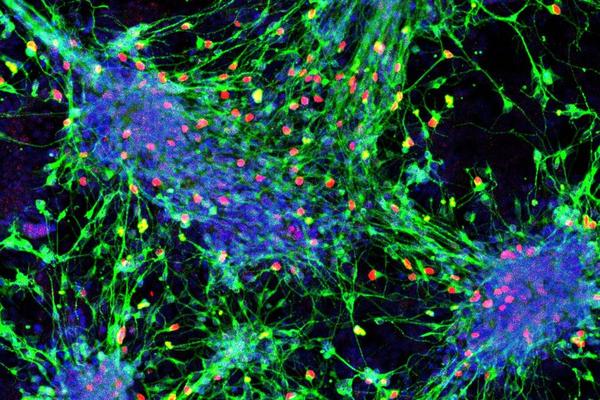
Stimulating specific neurons in the striatum stops compulsive behavior in mice
What if we could resist compulsions? These irrational behaviors, particularly common in obsessive-compulsive disorder (OCD), are hard to suppress. At Paris Brain Institute, Éric Burguière's team shows that we can anticipate and block them before they occur. These promising results, obtained in mice, could help us understand the biological mechanisms underlying compulsions.






















